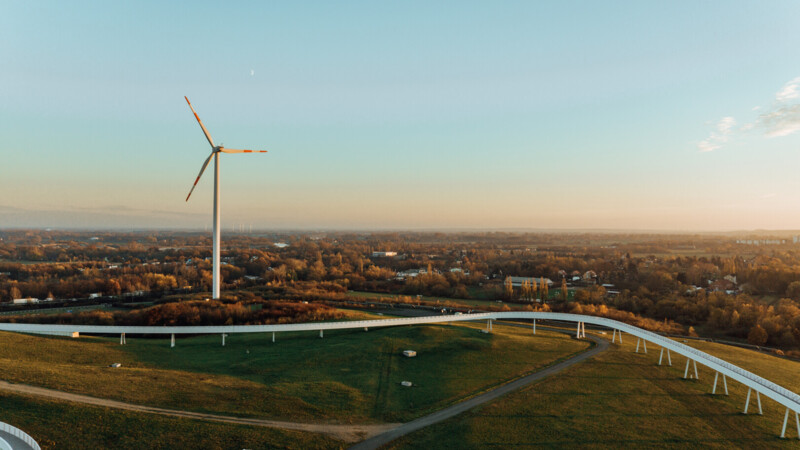The EU banned many single-use plastic products including drinking straws, stirrers, balloon rods and disposable tableware made of conventional plastic and bioplastic from July 3, 2021. These to-go cups and disposable containers made of styrofoam can no longer be produced and marketed in the EU.
What was once light, versatile, and a big hit when it was invented a good hundred years ago, plastic, albeit cheap, has since become a global menace and comes with a huge price tag for people and nature. Germany generated 6.28 million tons of plastic waste in 2019. If plastic waste is not disposed of properly, it is often tossed into oceans and rivers. Once there, a plastic shopping bag can take between ten to 20 years to decompose, while a PET bottle takes 450 years to decompose and sink to the seabed as microplastic. More and more founders in Hamburg are coming up with clever means of fighting this blight.
Ban on disposable plastic
Bracenet freeing oceans from ghost nets
Founded in 2015, Bracenet aims to rid the oceans of so-called ghost nets. The Pacific Garbage Patch alone, the large garbage vortex in the North Pacific, consists of 46 per cent lost or intentionally dumped fishing nets. Madeleine von Hohenthal and Benjamin Wenke, who founded Bracenet, co-operate with the Healthy Seas organisation, local diving teams or so-called ghost fishers as well as Nofir in Norway. The company cleans the nets and prepares them for recycling. Nofir, which was among the winners of the 13th German Sustainability Award, makes bracelets, dog leashes or key rings from the raw material at its branch in Hamburg.
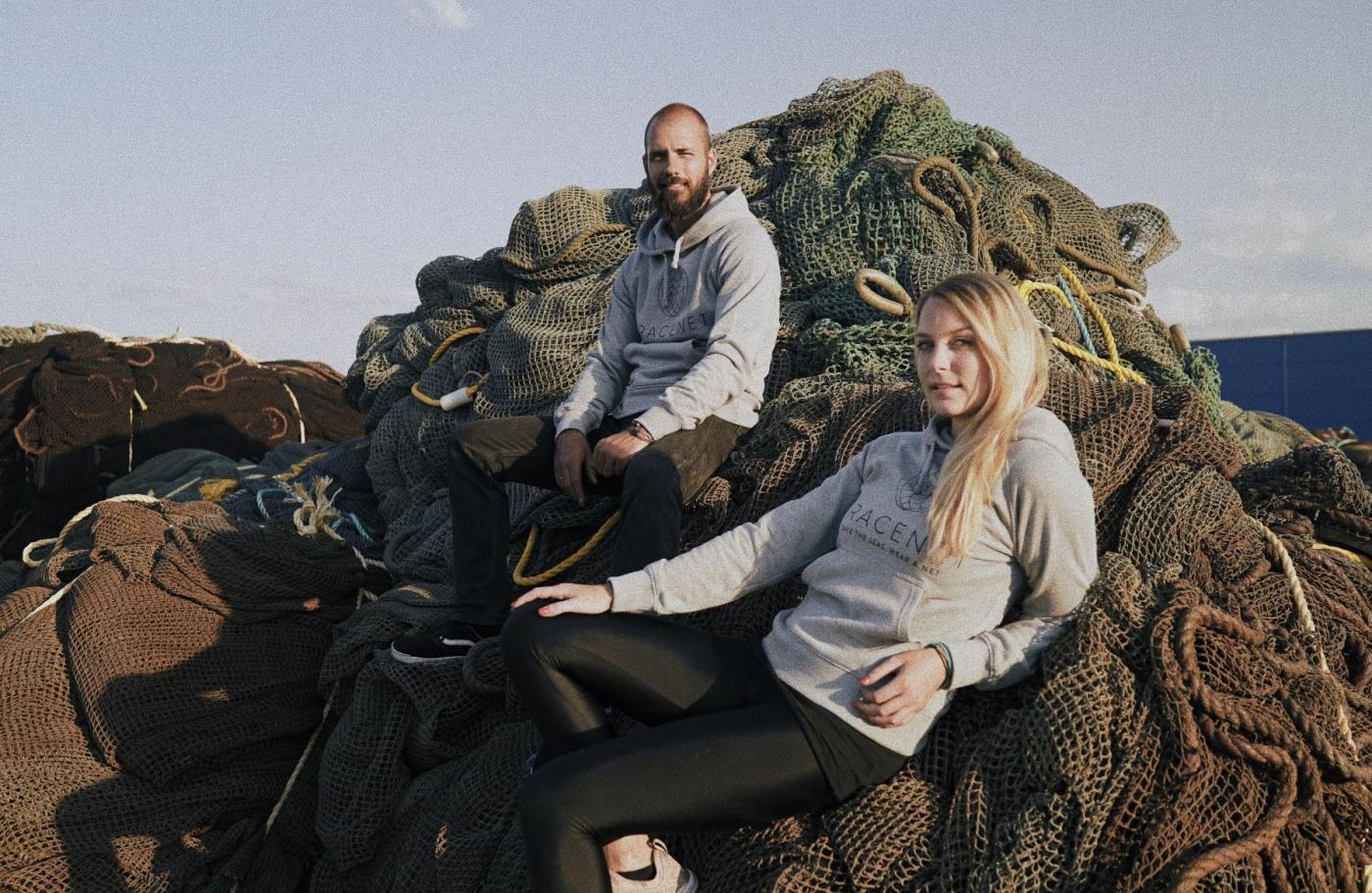
Global material for Wildbags
Wildplastic also co-operates with certified collection initiatives in countries without functioning waste systems. The collectors are paid fair wages, the collected plastic is sorted, cleaned and processed into granulate, from which "Wildbags" or garbage bags are made entirely from wild plastic. Founded in 2019 by a team of six founders, Wildplastic sees itself as a Purpose GmbH. Profits are reinvested and the company belongs to the employees.
Accelerator Planet A supporting Traceless start-up
Among the Wildplastic founders is Fridtjof Detzner, a business angel, keynote speaker, adventurer and initiator of Planet A. The accelerator focuses on impact investing and supports start-ups that make a sustainable and measurable contribution to achieving at least one of the U.N.'s 17 Sustainable Development Goals. Instead of recycling old plastic, the Traceless start-up, founded by Dr Anne Lamp and Johanna Baare, relies on an alternative made from by-products in agriculture. The Traceless plastic is based on the cradle-to-cradle principle and is fully biodegradable. That approach scooped the company second prize at the Future Hamburg Award 2021.
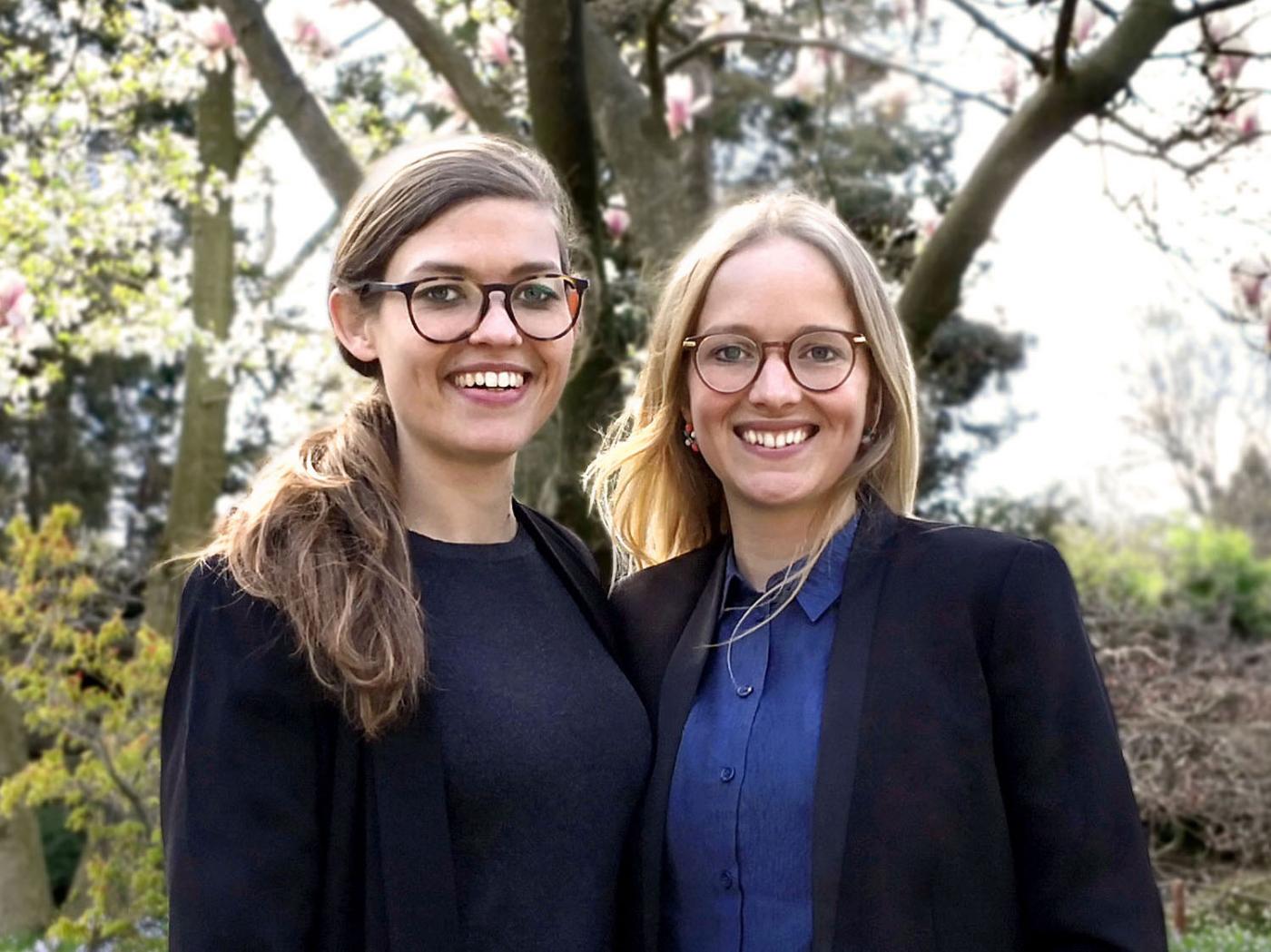
Bio-Lutions and Lignopur's plant-based substitutes
The Hamburg-based start-ups, Bio-Lutions and Lignopur, develop plant-based plastic substitutes. While Bio-Lutions, founded in 2017 by Eduardo Gordillo, focuses on sustainably producing disposable tableware and packaging from agricultural residue, Lignopur targets entirely different applications. Wienke Reynolds and Joana Gil have developed a new means of extracting the raw material, lignin, from plant residues for use in 3D printing, injection moulding, insulating materials, adhesive tapes, and even in cosmetics and the food sector.

Platform for recycling firms and plastics processors
The founders of Cirplus, Christian Schiller and Volkan Bilici, on the other hand, have developed a platform that brings recycling companies and plastics processors together and digitises the plastic recyclate trade. A digitised procurement process reduces costs and provides an incentive for companies to use recyclates instead of even more virgin plastic. Thanks to this inventive approach, Cirplus reached the finals of the Future Hamburg Award.
ys/kk/pb
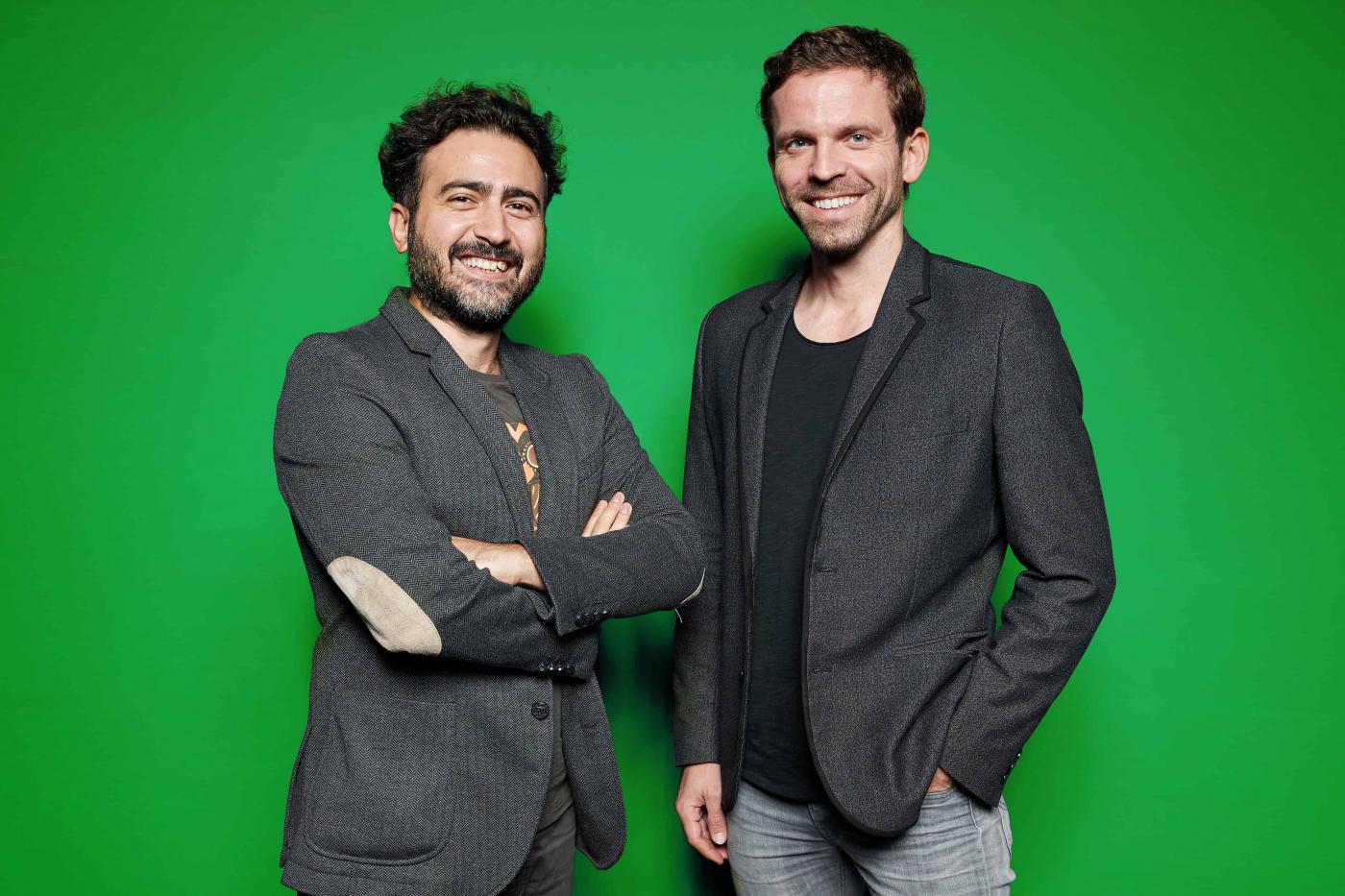
Sources and further information
More
Similar articles
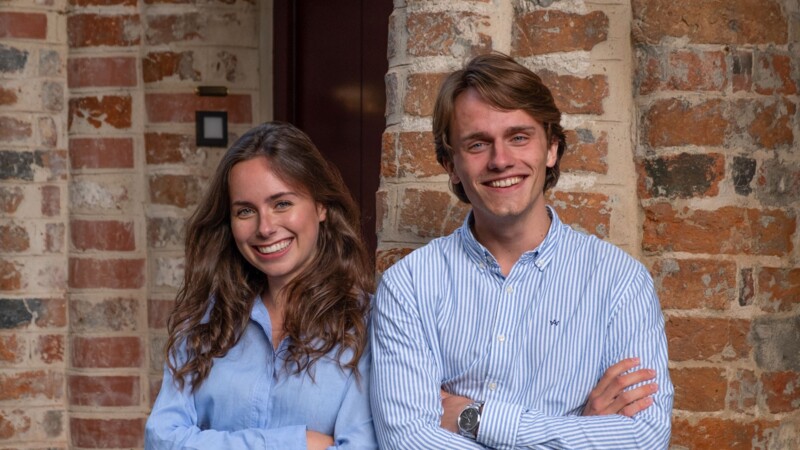
Holy Shit developing biodegradable masks

More and more start-ups keen to save the world
